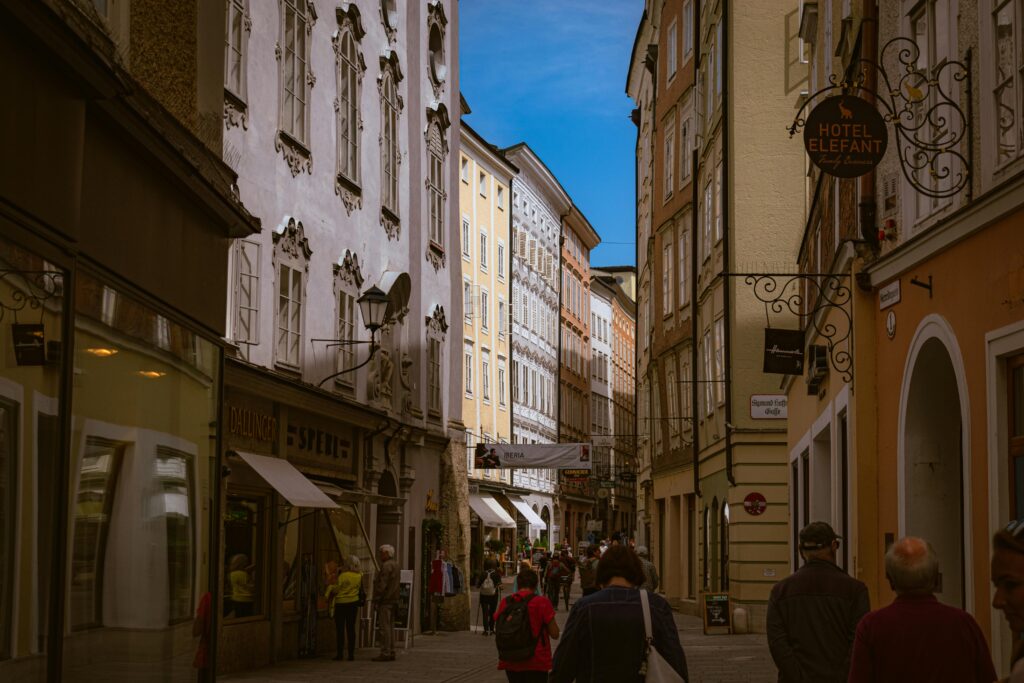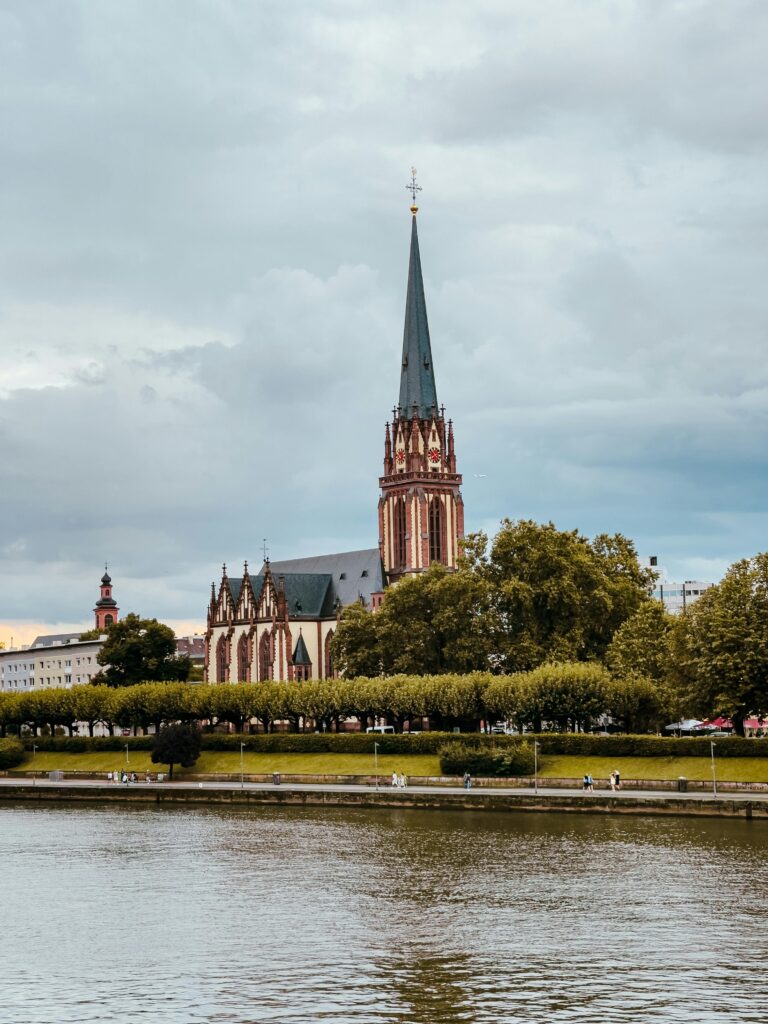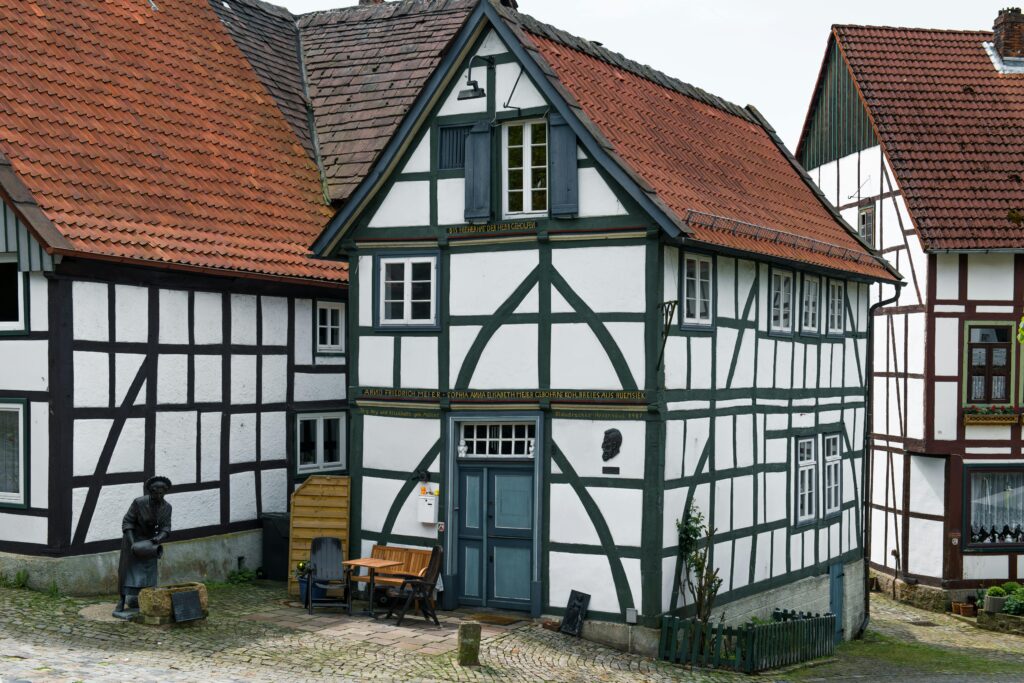Germany is a country rich in history, culture, and traditions. From its world-famous festivals to its deeply rooted customs, German culture offers a fascinating blend of the old and the new. Whether you’re planning a visit, moving to Germany, or simply curious about its way of life, this guide will take you on a journey through the heart of German culture.




1. German Traditions: A Glimpse into the Past
Family and Community
Family plays a central role in German culture. Sundays are often reserved for family gatherings, where generations come together to share meals and stories. The concept of Gemütlichkeit (coziness and warmth) is deeply ingrained, creating a sense of comfort and belonging.
Celebrating Milestones
Germans take milestones seriously. Birthdays, weddings, and anniversaries are celebrated with great enthusiasm. Unique traditions include:
- Birthdays: The birthday person often treats colleagues or friends to cake, rather than the other way around.
- Weddings: Polterabend, a pre-wedding party, involves breaking porcelain for good luck.
- Retirement: A well-organized Ruhestandsparty (retirement party) marks the transition into a new phase of life.
Seasonal Traditions
Germans have a deep connection to the seasons, with traditions that reflect the changing year:
- Easter: Decorating eggs, Easter bonfires, and the Osterhase (Easter Bunny) are cherished customs.
- St. Martin’s Day: Children parade with lanterns and sing songs to honor St. Martin.
- Advent: The four weeks before Christmas are marked by Advent calendars, wreaths, and markets.
2. German Festivals: A Year-Round Celebration
Oktoberfest: The World’s Largest Beer Festival
Held in Munich, Oktoberfest is Germany’s most famous festival. Millions of visitors flock to the city to enjoy beer, pretzels, and traditional Bavarian music. The festival also features parades, rides, and a lively atmosphere that celebrates Bavarian culture.
Carnival (Karneval/Fasching)
In regions like Cologne and Düsseldorf, Carnival is a time of revelry and mischief. Costume parades, satirical performances, and street parties take over the cities, culminating in Rosenmontag (Rose Monday), the festival’s peak.
Christmas Markets: A Winter Wonderland
Germany’s Christmas markets are magical. From Nuremberg’s historic market to Dresden’s Striezelmarkt, these markets offer handmade crafts, mulled wine (Glühwein), and festive treats like gingerbread and roasted almonds.
Regional Festivals
- Wine Festivals: In regions like the Rhine Valley, wine festivals celebrate local vineyards with tastings, music, and dancing.
- Harvest Festivals: Erntedankfest (Thanksgiving) is celebrated in rural areas with parades and feasts.
- Cultural Festivals: Events like the Berlin International Film Festival and Documenta in Kassel showcase Germany’s artistic side.
3. German Etiquette: Navigating Social Norms
Punctuality
Germans value punctuality. Being on time is a sign of respect, whether for a business meeting or a social gathering. Arriving late without a valid reason is considered rude.
Greetings and Communication
- Greetings: A firm handshake and direct eye contact are standard. In formal settings, use titles like Herr (Mr.) or Frau (Mrs.).
- Small Talk: Germans tend to be direct and value meaningful conversations over small talk. Avoid overly personal questions initially.
Dining Etiquette
- Table Manners: Keep your hands visible on the table, but elbows off. Say Guten Appetit before starting a meal.
- Tipping: Round up the bill or leave a 5-10% tip in restaurants.
Workplace Etiquette
- Professionalism: Germans value efficiency and structure in the workplace. Meetings are well-organized, and deadlines are taken seriously.
- Hierarchy: Respect for authority is important, but open communication is encouraged.
4. German Cuisine: A Taste of Tradition
Classic Dishes
- Bratwurst: Grilled sausages served with mustard and bread.
- Pretzels: Soft, salty baked goods often enjoyed with beer.
- Sauerbraten: A pot roast marinated in vinegar and spices.
- Spätzle: Egg noodles are often served with cheese or gravy.
Regional Specialties
- Bavaria: Weisswurst (white sausage) and Obatzda (cheese spread).
- North Germany: Labskaus (a dish made with corned beef, potatoes, and beetroot).
- Swabia: Maultaschen (filled pasta pockets).
Drinks
- Beer: Germany is famous for its beer culture, with over 1,300 breweries.
- Wine: Regions like the Mosel Valley produce world-class Rieslings.
- Coffee and Cake: Afternoon Kaffee und Kuchen is a beloved tradition.
5. German Arts and Literature: A Cultural Legacy
Literature
Germany has a rich literary tradition, with figures like Goethe, Schiller, and the Brothers Grimm. Modern authors like Günter Grass and Herta Müller continue to shape the literary landscape.
Music
From classical composers like Bach and Beethoven to modern electronic music, Germany has made significant contributions to the world of music. Festivals like Rock am Ring and classical events like the Bayreuth Festival attract music lovers from around the globe.
Visual Arts
German art spans from Albrecht Dürer’s Renaissance masterpieces to the Bauhaus movement and contemporary artists like Gerhard Richter.
6. German Philosophy and Innovation
Philosophy
Germany is the birthplace of influential philosophers like Kant, Hegel, and Nietzsche. Their ideas continue to shape modern thought.
Innovation
Germany is a global leader in engineering, technology, and sustainability. Companies like Siemens, BMW, and Bosch are synonymous with quality and innovation.
7. Tips for Embracing German Culture
- Learn the Language: Even basic German phrases can go a long way in building connections.
- Respect Traditions: Participate in local customs and festivals to gain a deeper understanding of the culture.
- Be Open-Minded: Embrace the differences and appreciate the unique aspects of German life.
Conclusion
German culture is a tapestry of traditions, festivals, and etiquette that reflects the country’s rich history and vibrant present. Whether you’re savoring a bratwurst at Oktoberfest, exploring a Christmas market, or engaging in a philosophical debate, Germany offers endless opportunities to connect and learn. By understanding and respecting its culture, you’ll not only enrich your own experiences but also build meaningful relationships with the people who call this remarkable country home.
Thanks for joining me on this journey!
I’d love to hear your thoughts—feel free to share them in the comments below!
Abdelilah Hamma
Follow me on Instagram for more travel inspiration!
March 22, 2025
